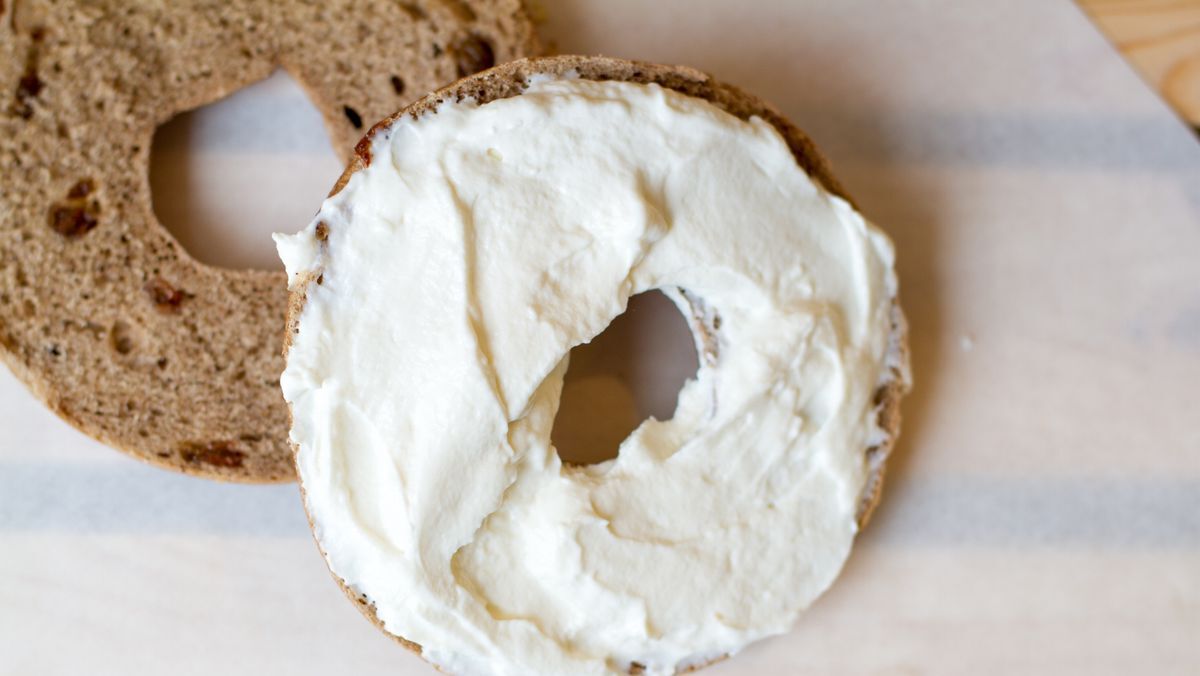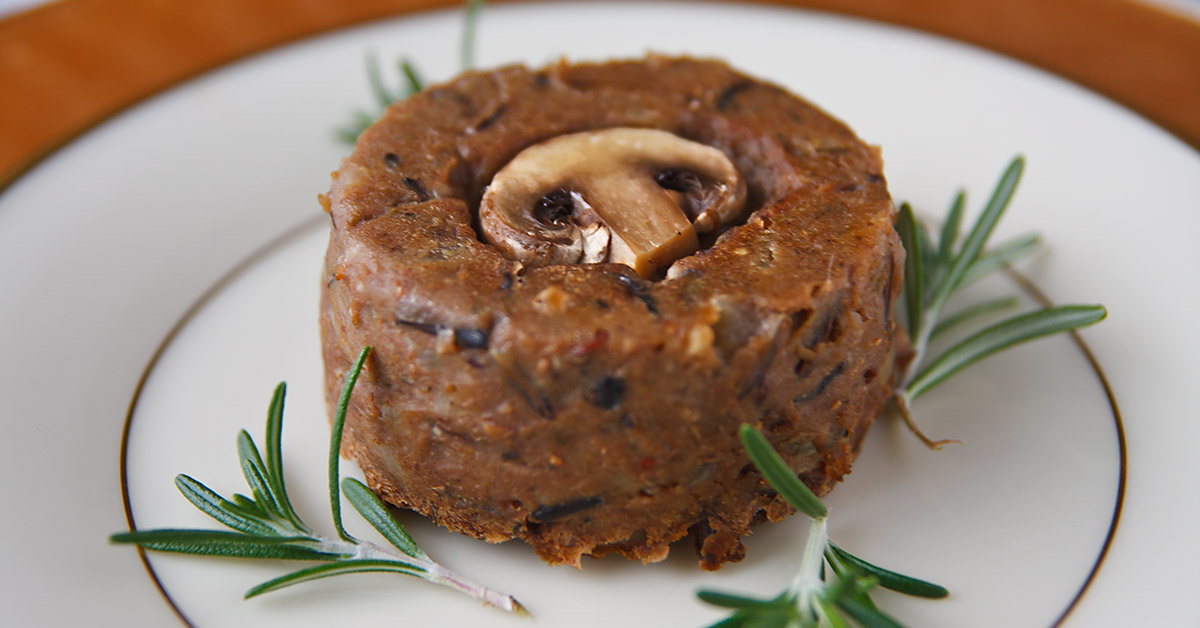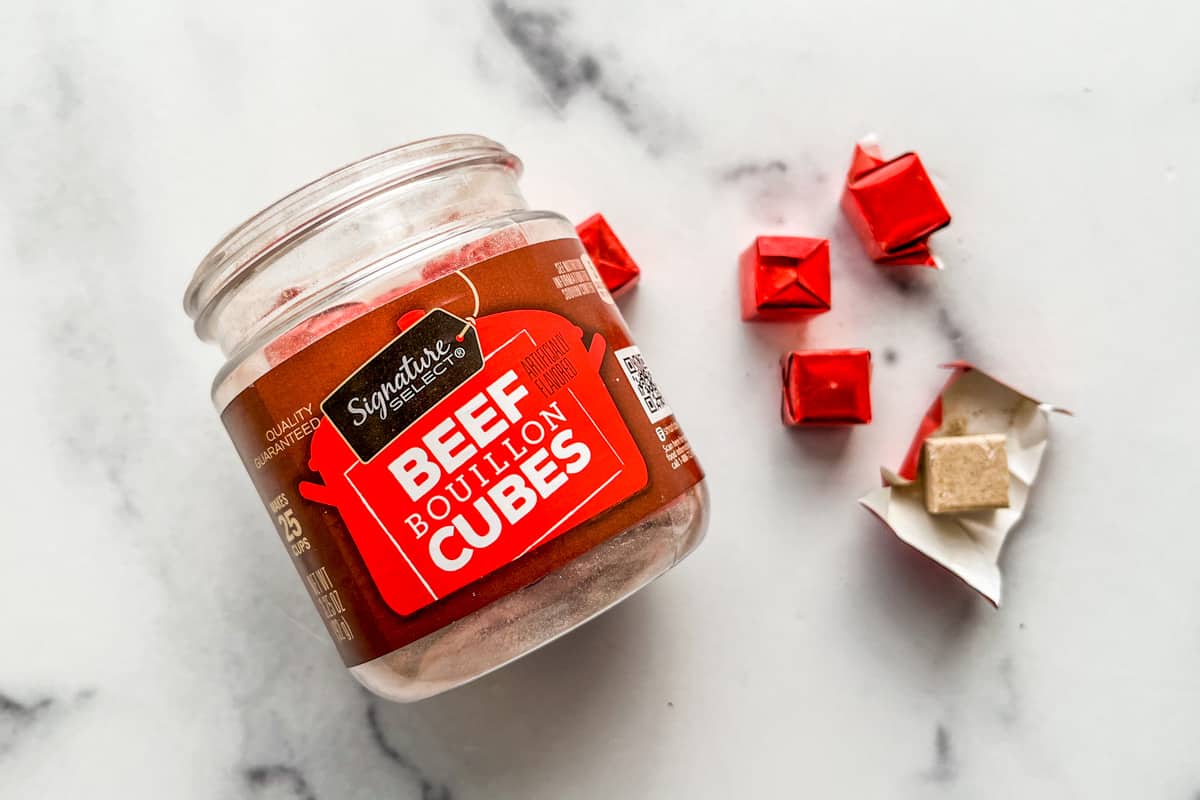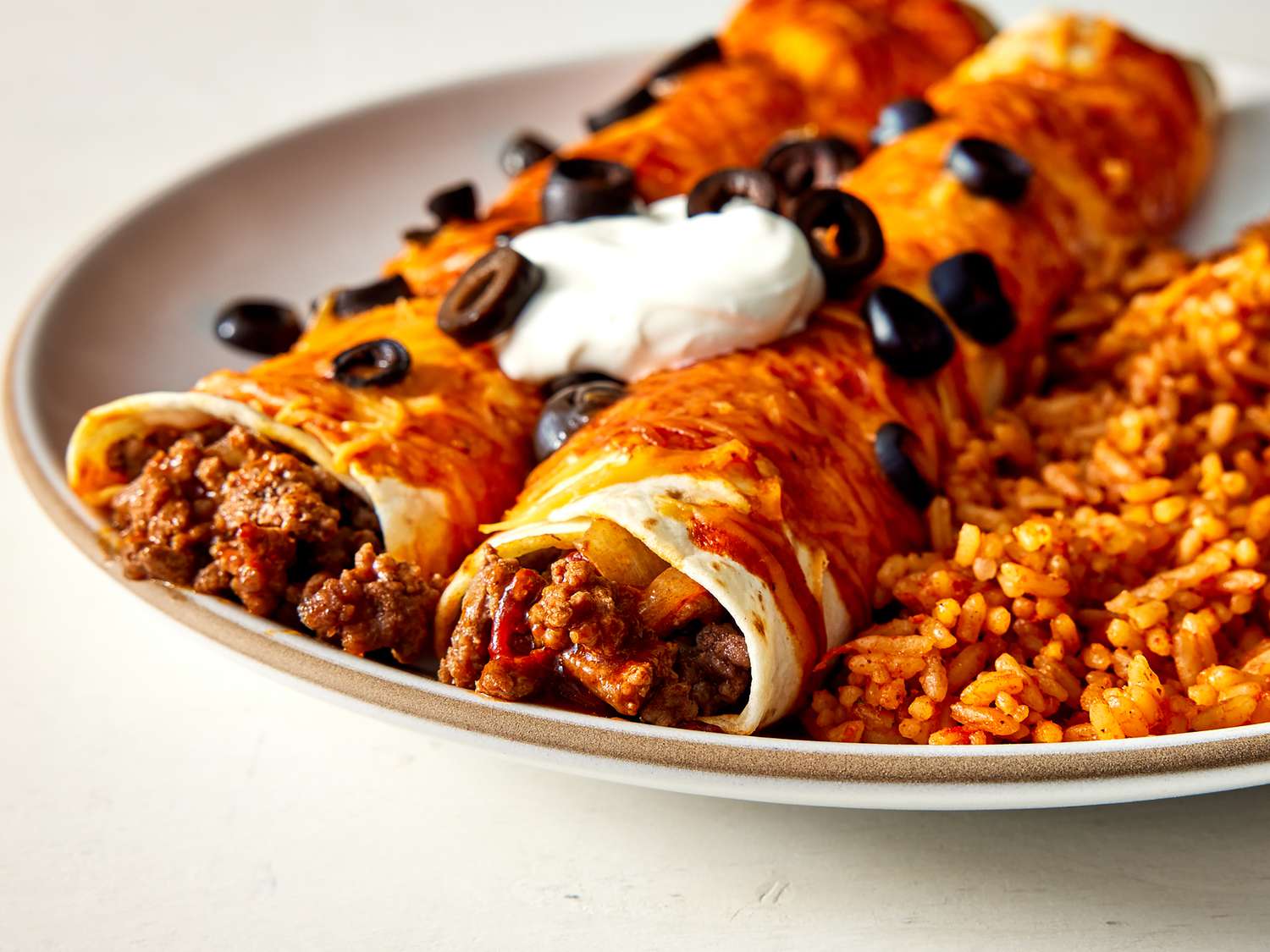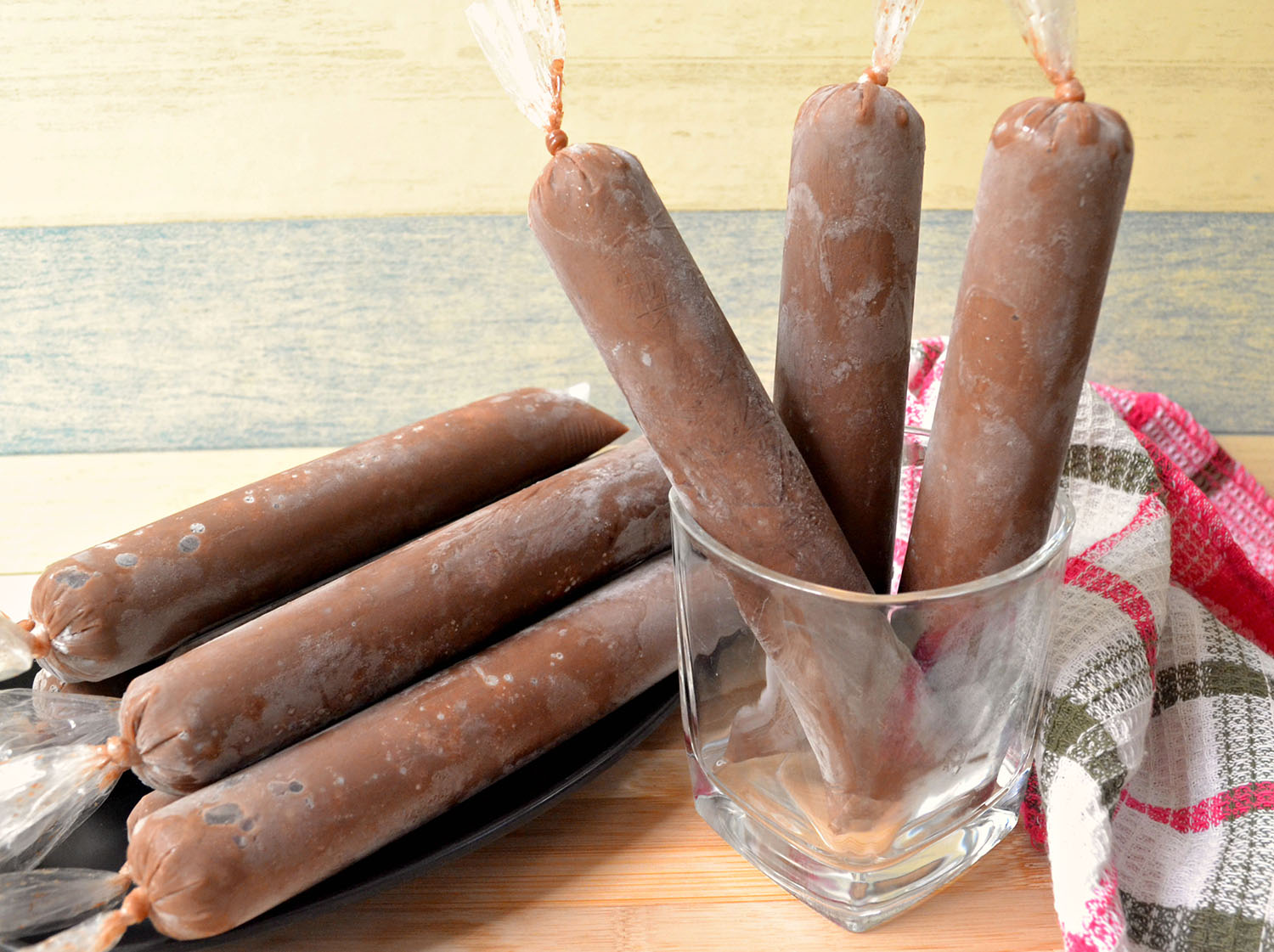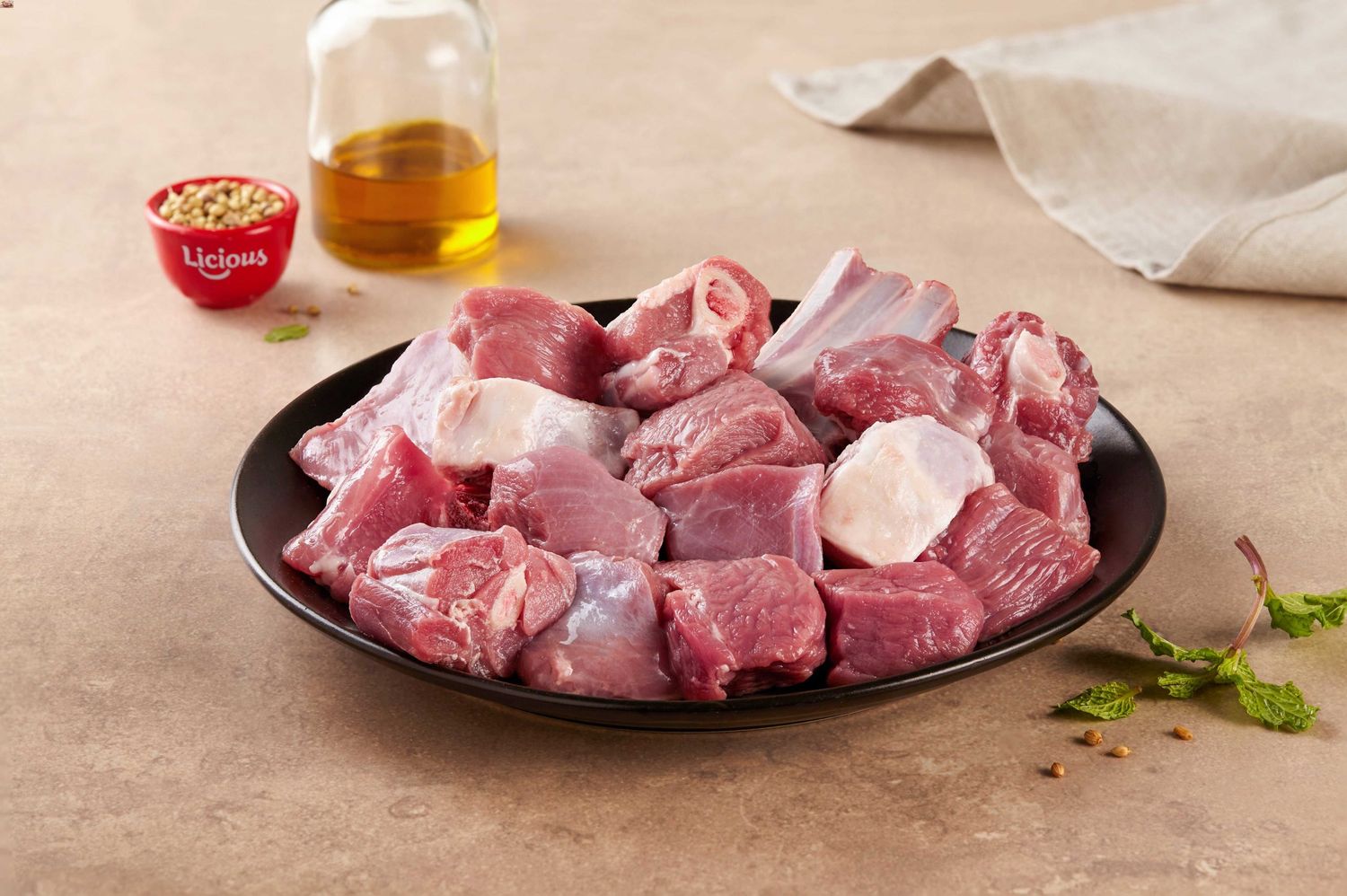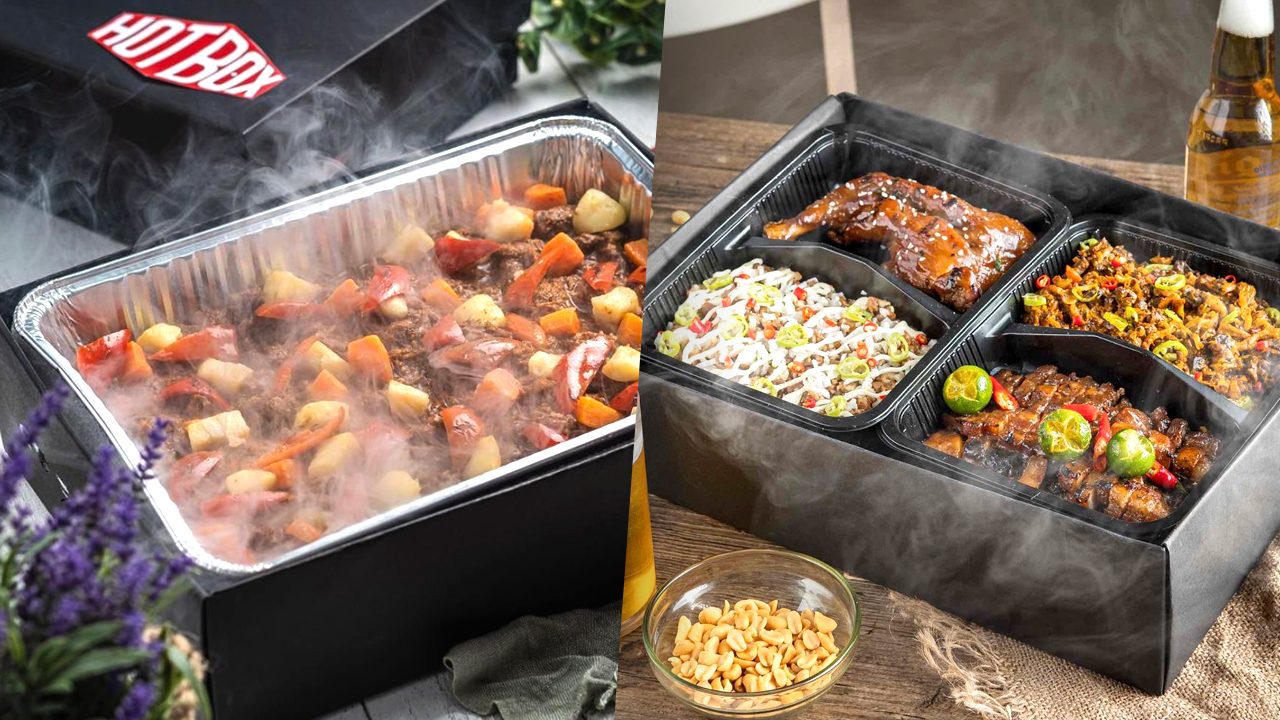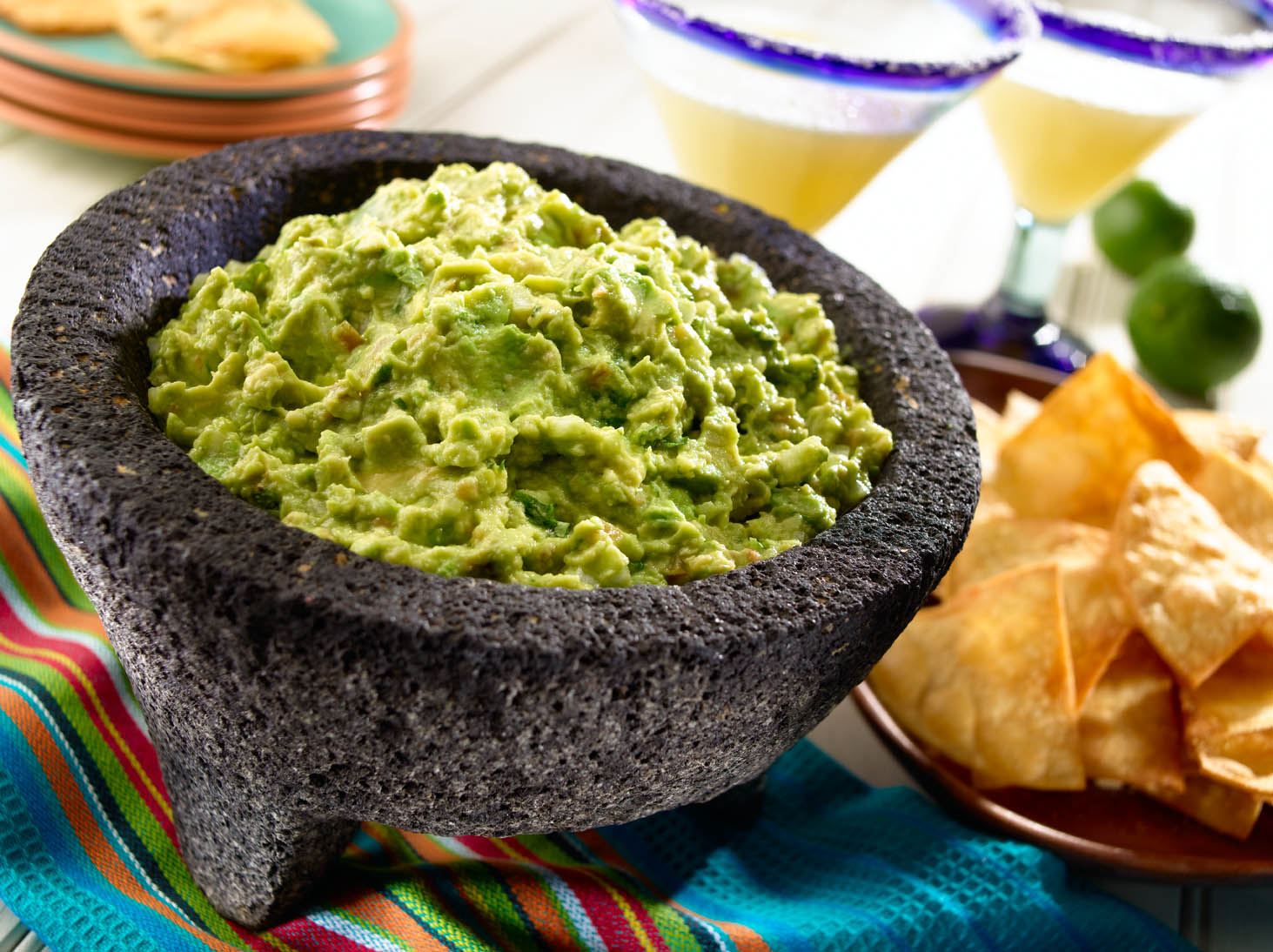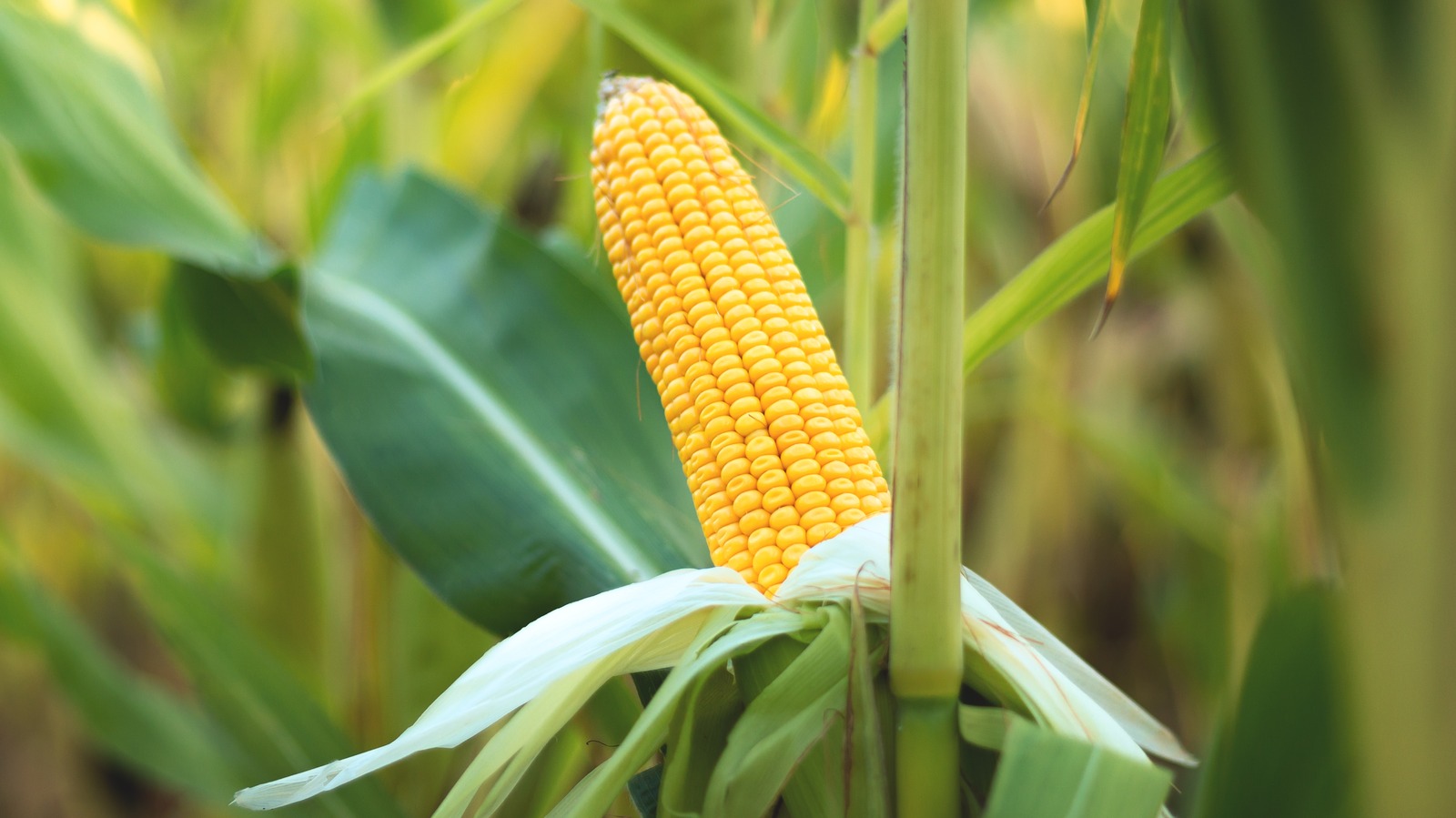The Difference Between Bisquick and Flour
When it comes to baking and cooking, the ingredients you use can make a big difference in the outcome of your dish. Two common ingredients that are often used in baking are Bisquick and flour. While they may seem similar, there are some key differences between the two.
What is Bisquick?
Bisquick is a pre-mixed baking mix that was first introduced in the 1930s by General Mills. It contains flour, shortening, salt, and baking powder, making it a convenient option for making biscuits, pancakes, waffles, and other baked goods. Bisquick is known for its convenience and versatility, as it can be used to make a variety of recipes without the need to measure out individual ingredients.
What is Flour?
Flour is a pantry staple that is used in a wide range of recipes, from bread and cakes to thickening sauces and coating meats. It is made by grinding grains such as wheat, rice, or corn into a fine powder. There are different types of flour, including all-purpose flour, whole wheat flour, and self-rising flour, each with its own unique characteristics and uses.
The Main Differences
Now that we understand what Bisquick and flour are, let’s explore the main differences between the two:
- Ingredients: Bisquick is a pre-mixed blend of flour, shortening, salt, and baking powder, while flour is simply ground grains.
- Convenience: Bisquick is designed to be a convenient option for baking, as it already contains the necessary leavening agents and fat, whereas flour requires additional ingredients such as baking powder and fat to achieve similar results.
- Versatility: While flour is a versatile ingredient that can be used in a wide range of recipes, Bisquick is specifically formulated for making biscuits, pancakes, and other baked goods.
Which One Should You Use?
When deciding between Bisquick and flour, it ultimately comes down to the specific recipe you are making and your personal preferences. If you want the convenience of a pre-mixed baking blend and are making a recipe that calls for Bisquick, then using Bisquick would be the best option. However, if you prefer to have more control over the ingredients in your recipe or if you are making a dish that requires a different type of flour, then using traditional flour would be the way to go.
In Conclusion
While both Bisquick and flour are used in baking, they have distinct differences in terms of ingredients, convenience, and versatility. Understanding these differences can help you make informed decisions when choosing the right ingredient for your recipes. Whether you opt for the convenience of Bisquick or the versatility of flour, both ingredients have their own unique benefits and can contribute to delicious baked goods when used appropriately.
Was this page helpful?
Read Next: What Is Habichuela Con Dulce
